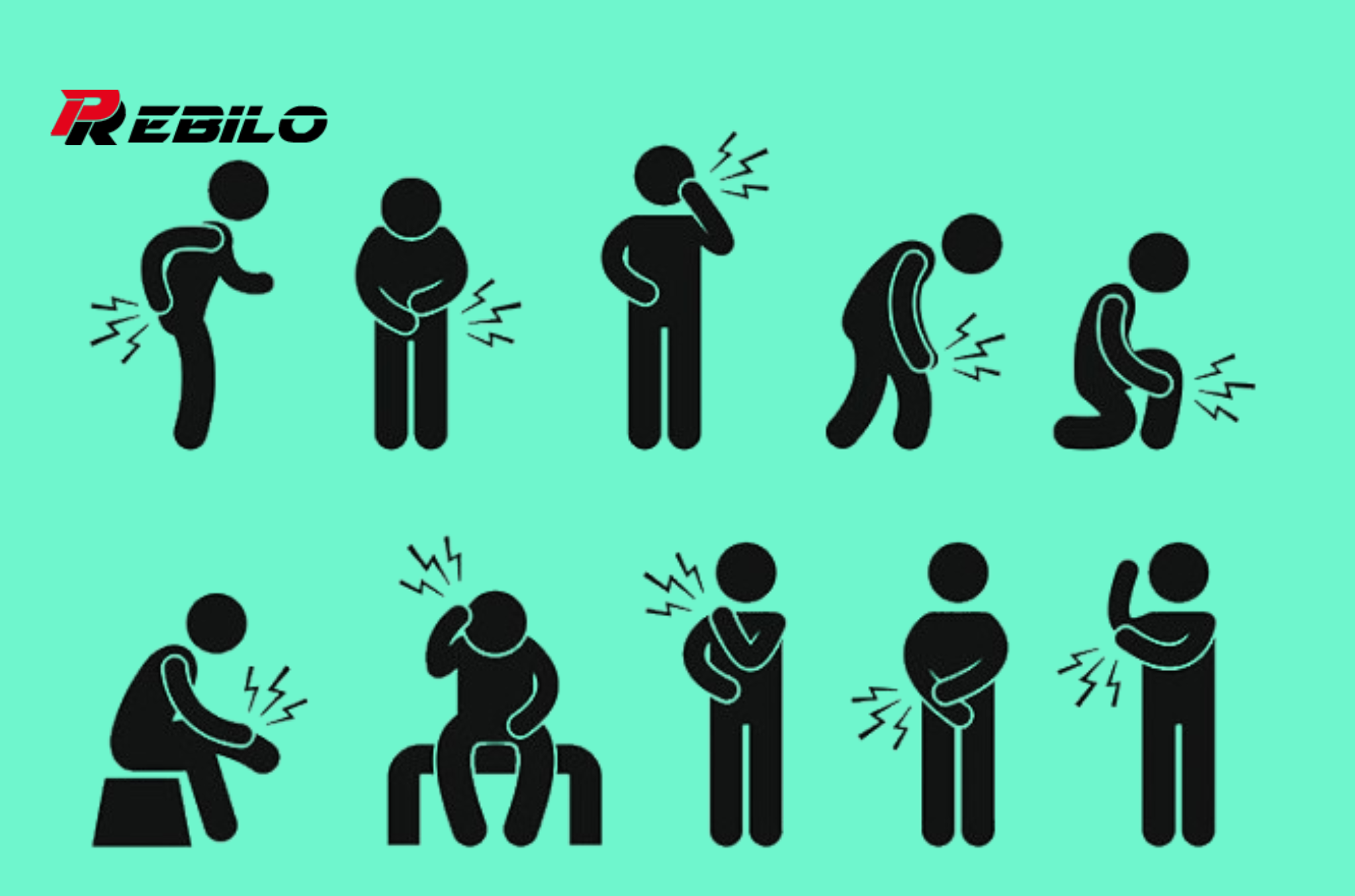25 Worrying Signs Your Body Is Trying to Warn You of Serious Health Problems
Your body is an amazing system that often sends out signals when something is wrong. Ignoring these warning signs can have serious consequences, while recognizing them early could save your life. Here are 25 critical signs your body may use to alert you to potential health problems:
1 Unexplained Weight Loss
Unexpected weight loss without changes to your diet or exercise could indicate a thyroid problem, diabetes, or even cancer. Always consult a doctor if this happens.
2 Chronic Fatigue
Persistent fatigue that doesn’t improve with rest could indicate anemia, sleep apnea, or chronic fatigue syndrome. In some cases, it could even be an early sign of cancer.
3 Frequent Headaches
Frequent headaches can be caused by stress, dehydration, or migraines. In more severe cases, they could indicate neurological problems, such as a brain tumor or aneurysm.
4 Shortness of Breath
Shortness of breath can be caused by conditions such as asthma, chronic obstructive pulmonary disease, or heart problems. Sudden shortness of breath can also be a symptom of a pulmonary embolism.
5 Chest pain
Chest pain is often associated with heart attacks, but it can also be caused by angina, acid reflux, or even anxiety. Never ignore chest discomfort, as it may require immediate medical attention.
6 Unexplained lumps
A lump that doesn’t go away or grows over time could be a sign of cysts, infection, or cancer. Early detection and medical evaluation are essential.
7 Skin changes
Sudden discoloration, moles that change shape or size, or yellowing of the skin could be signs of skin cancer, liver disease, or other underlying conditions.
8 Persistent cough
A cough that lasts longer than three weeks could be a sign of bronchitis, asthma, or, in rare cases, lung cancer. Smokers should be especially vigilant about these symptoms.
9 Changes in bowel habits
Irregular bowel movements, diarrhea, or blood in the stool could be signs of digestive disorders such as irritable bowel syndrome or colorectal cancer.
10 Frequent urination
Increased frequency of urination, especially at night, may indicate diabetes, urinary tract infections, or an overactive bladder.
11 Swollen extremities
Edema or swelling in the hands, legs, or feet may indicate heart failure, kidney disease, or blood clots.
12 Blurred vision
Vision changes such as blurred vision or loss of peripheral vision may indicate diabetes, cataracts, or glaucoma. Get an eye exam if these symptoms persist.
13 Hearing loss
Sudden or gradual hearing loss can be caused by infection, trauma, or age-related conditions. In rare cases, it may be related to neurological issues.
14 Bleeding gums
Regular bleeding gums may indicate gum disease, vitamin C deficiency, or clotting disorders.
15 Unexplained bruising
Bruising without injury may indicate a blood clotting disorder, liver disease, or leukemia.
16 Severe abdominal pain
Persistent or severe abdominal pain may indicate appendicitis, gallstones, or an ulcer. Immediate medical attention may be needed.
17 Dry or itchy skin
Chronic dry or itchy skin may be caused by eczema, dehydration, or even kidney disease.
18 Excessive hair loss
Sudden hair loss or thinning may be caused by stress, a hormonal imbalance, or a nutritional deficiency.
19 Recurrent infections
A weakened immune system may lead to recurrent infections, indicating an autoimmune disease or chronic health condition.
20 Night sweats
Excessive night sweats may be caused by hormonal changes, infections, or cancers such as lymphoma.
21 Cold hands and feet
Consistently cold extremities may indicate circulation problems, hypothyroidism, or Raynaud’s disease.
22 Painful or cloudy urine
Urinary symptoms may indicate an infection, kidney stones, or bladder cancer.
23 Red spots on the skin
Small red spots may be a sign of broken capillaries, infection or platelet abnormalities.
24 Persistent fever
A fever that doesn’t go away may indicate an infection, autoimmune disease or cancers such as leukaemia.
25 Tingling or numbness
Loss of sensation in the hands or feet may be due to nerve damage, diabetes or neurological disorders such as multiple sclerosis.
Final thoughts
Listening to your body is key to maintaining good health. While some symptoms may have benign causes, others may indicate serious conditions. When in doubt, always seek medical advice. Early detection and treatment can make a big difference.


